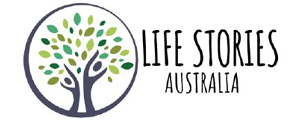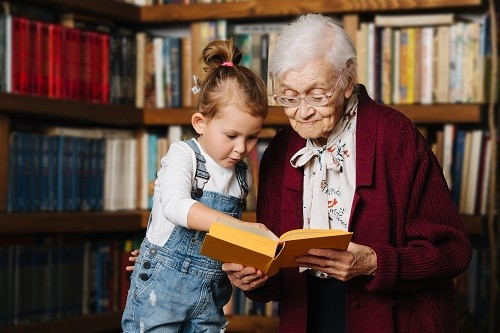This afternoon as the insistent blustery wind buffeted the magenta bougainvillea on our balcony overlooking Balmoral Beach in Sydney, I listened to an interview with Oxford University’s Jeremy Hughes and Virginia Woolf’s biographer, Hermione Lee. Jeremy asked Hermione whether writers can employ similar techniques to photographers to produce different images of the same subject.
Hermione’s response fascinated me. ‘Yes, I think that’s a very good suggestion, and I think we should, and I think that if you hold a middle distance shot all the way through your biography, it could get a bit dull,’ she said. ‘The equivalent in writing is to have moments in the biography where you treat with very minute close-up a particular day in the life, or a particular incident, or a particular thing that someone said, and you really home in on it and you spend a lot of time on it. Then you might jump back and say, “Okay, the next six weeks nothing much happened.”’
Hermione’s advice is to get anecdotes from the subject of a biography because that is what readers want. She cites Elizabeth Gaskell who wrote Life of Charlotte Brontë. Elizabeth had pinned above her desk a little message to herself which said, ‘Get anecdotes. If you love your reader, get anecdotes.’ Hermione says that’s what people want. They want the stories. ‘Even if they’re very well-known stories, they still want those stories, and there are things you want to get at, like what kind of clothes did they wear? Did they wear make-up? When did they get their hair cut, and why? What did they have for dinner? Those are things that people really, really want to know, and it’s very important to get that kind of detail, and to close in on that kind of detail.’
Hermione advises writers to let a subject’s habits speak for themselves rather than providing commentary about them. ‘Biography hovers in this weird, interesting, liminal limbo land between fiction and history,’ she says. ‘Historians are often very suspicious of it, fiction writers sometimes hate it, because they think if they’re a fiction writer and there’s a biography written of them it’s going to undo their secrets. I don’t think biography should be entirely fictional in its methods. I think that there are ways in which you tell a story and set a scene and colour, use colour, context and colour that is fictional in its methods, because you’ve got to love your readers. The readers have got to want to read this thing.’
If you are searching for a life story writer who can bring your story to life contact one of the members of Life Stories Australia in your State. They are qualified to write your story so that it uses colour and context so that your readers will be enthralled to the last page. http://lifestoriesaustralia.com.au/our-members
Gabriella Kelly-Davies
Vice President, Life Stories Australia
Founder, shareyourlifestory.com.au





Follow Us